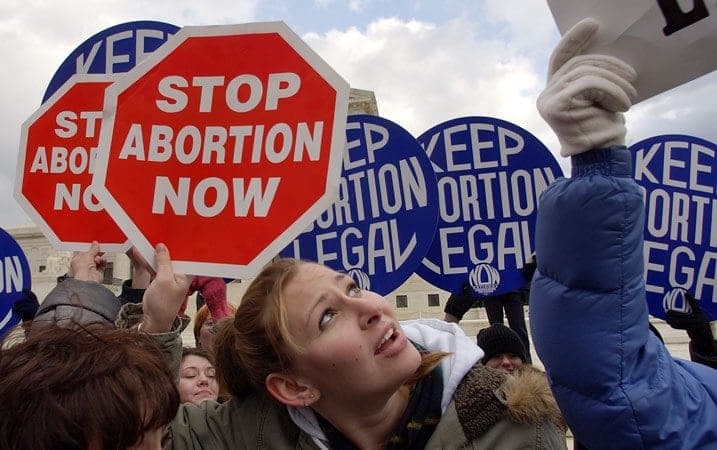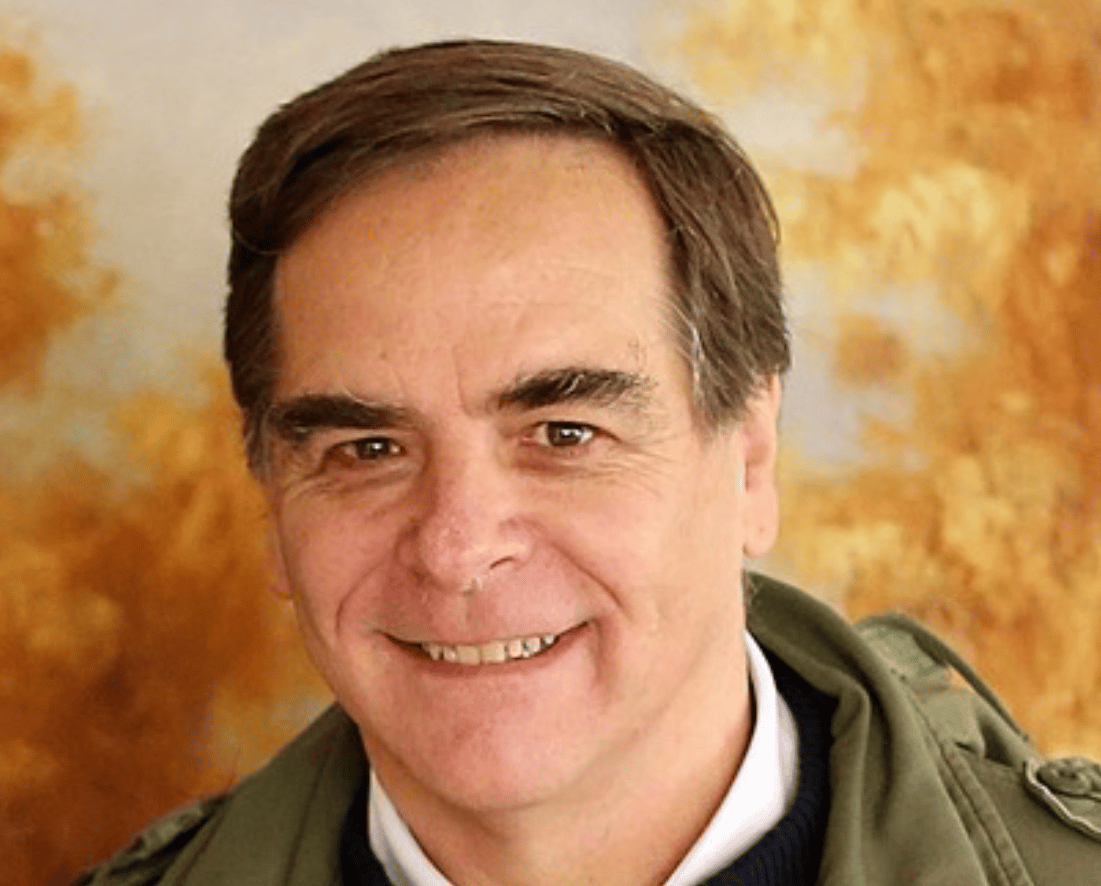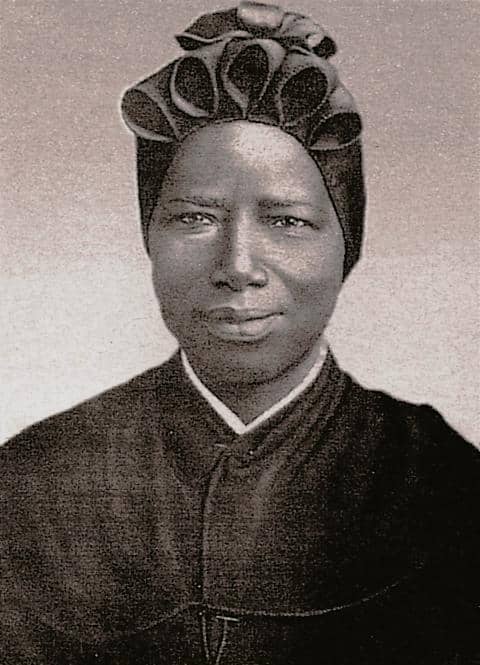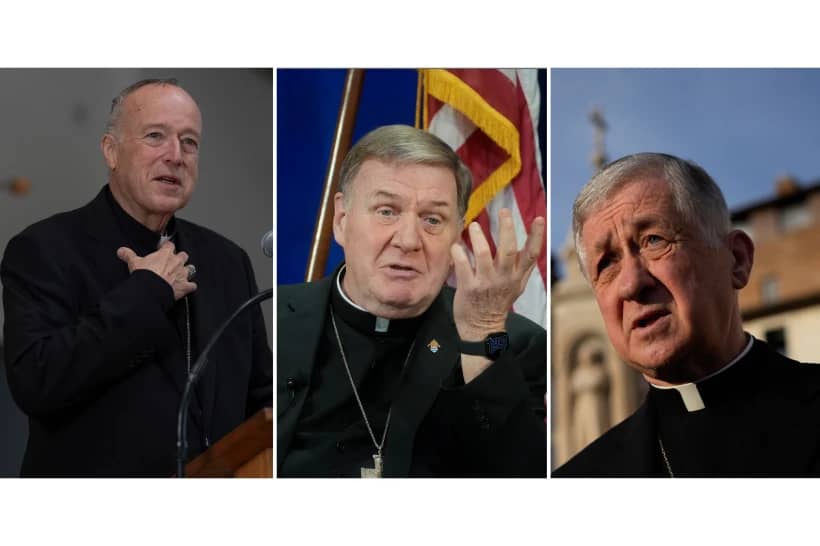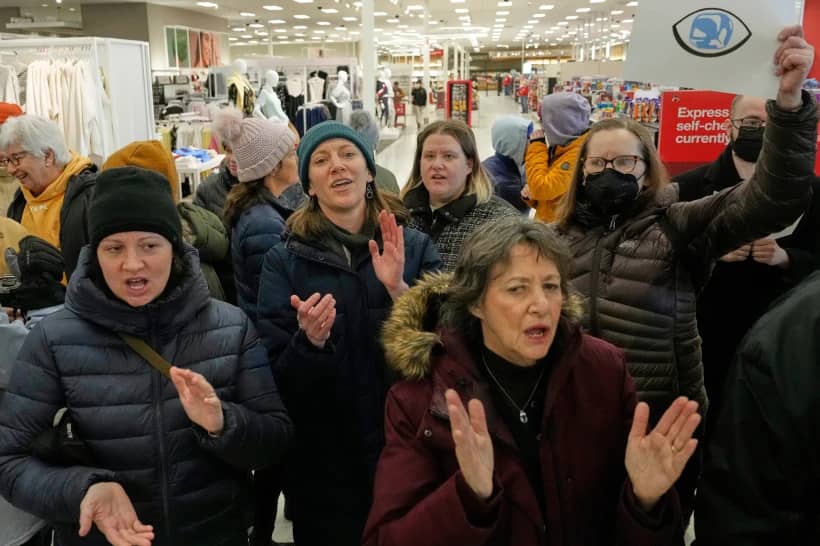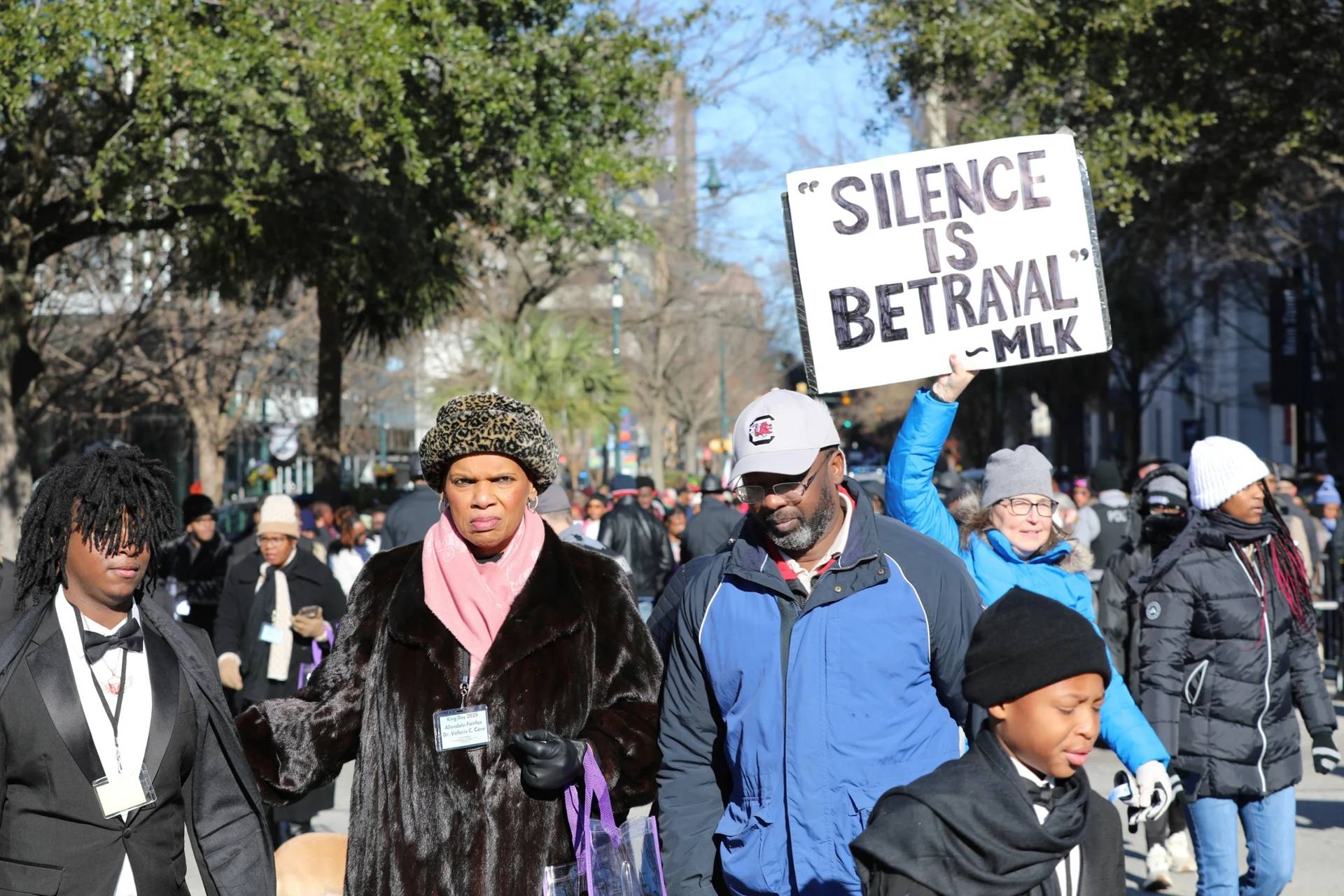ROME – Following the United States’s fraught midterm elections, one of America’s most prominent Catholic commentators said that while he has reservations about the existence of a “Catholic vote,” it’s often Catholics who make the difference at the polls.
“In each election, the Catholic vote will be slightly different,” said Princeton University law professor Robert P. George, former judicial fellow of the U.S. Supreme Court and former president of the United Nation’s Commission on Human Rights, in an interview with Crux Nov. 15.
“But in the end, Catholic voters will decide the election each time, because in a certain sense they are the swing vote,” he said.
George was skeptical about the existence of a unified “Catholic vote,” stating that “sociologically Catholics are divided as the nation is divided,” many of them voting Republican or Democrat and even changing between the two parties depending on the circumstance.
“Faithful Catholics tend to be solidly pro-life in the question of abortion, but also solidly in favor of immigration and of treating immigrants, even those who are unlawfully in the country, with compassion and humanity,” he said.
In this aspect, the Princeton scholar added, “the Catholic community is different from any other demographic group in the United States.” While Latino and African-American voters prominently vote for Democrats and white Evangelical Protestants are highly represented among Republicans, he said, “Catholics don’t tend to be overwhelmingly for either party.”
“Neither party can count on the Catholic vote, they have to appeal to Catholic voters each time,” George continued. “The party that gets more of them, and sometimes it will be Democrats and sometimes it will be Republicans, will probably win.”
George was in Rome attending a Nov. 15-16 International Symposium on “Fundamental Rights and Conflict Among Rights,” hosted by the Vatican’s Ratzinger-Benedict XVI Foundation and the Catholic LUMSA University.
The event also marked the 70th anniversary of the Declaration on Human Rights and the 20th anniversary of the awarding of an honorary degree in law to Pope Emeritus Benedict XVI by LUMSA University.
The symposium has drawn participation from lay and religious experts in academia and legal fields from around the world to discuss the state of human rights in the current global climate, including Italian Cardinals Gianfranco Ravasi and Pietro Parolin, Harvard Professor Mary Ann Glendon, and New York University Professor Joseph Halevi H. Weiler.
Jewish expert says John Paul II had it right on Church/State relations
At the conference, George gave a talk on the “Genesis and Meaning of Natural Law,” and during the interview highlighted the need to “analyze claims of rights in a disciplined manner” because otherwise the language of human rights can be “misused, even hijacked.”
“In our own time, human rights are the dominant discourse,” he said. “We find that not only many things that are good, but also things that are evil, such as anti-semitism, are defended in the language of human rights.”
The resounding power of human rights, he added, can sometimes be used to bring forward contrasting positions, creating incoherence and polarization.
If everything’s a ‘right,’ then nothing is, says Vatican legal czar
“Everybody is for human rights. Who do you meet who says ‘Oh, I’m against human rights!’ Nobody says that!” George said. “Human rights enjoy a kind of prestige that people will then try to exploit for whatever cause they wish to advance, whether that cause is truly a just cause or not.”
Francis, Benedict say there is ‘urgent’ need to address human rights
In the U.S., “competing sides on any issue put their views forward in terms of rights,” George said. He used the example of the abortion debate, where both sides present their position in terms of human rights, the pro-choice camp arguing in favor of a woman’s right over her body and the pro-life camp advocating for the right to life.
“It cannot be true that the child in the womb has a right to life and the woman has a right to an abortion. One or the other must be false,” George, sometimes referred to as “The Martin Luther King of the unborn,” said.
The same observation can be made over other contested issues, such as euthanasia, where human rights are presented and opposed. According to George, these same debates could be made using the language of justice, but if human rights are to be considered then it’s necessary “that we think more rigorously and with more logical precision about people’s claims of rights.”
“How can we decide what truly is a human right and what is not, what is simply a false claim?” he asked.
Attempting to assess which rights are more important than others by ranking them in order of prevalence represents “an analytical problem,” George said, where “one quickly falls into what I believe is an untenable utilitarianism in trying to find out which right ranks ahead of another.”
The scholar mentioned the concern that some founding fathers, Alexander Hamilton and James Madison, opposed the creation of the Bill of Rights, fearing that it might suggest that the rights listed in the document were more important that others.
“The claiming of a right is a moral claim, and we need to know what the basis of it is,” he said, emphasizing the need for logical and disciplined assessment of human rights claims.
